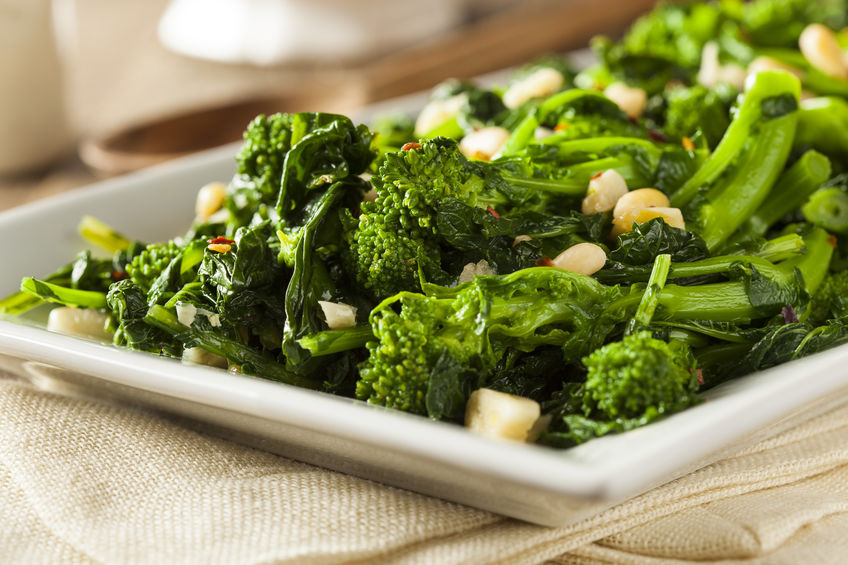If you’ve read our blog “Do I Have a Leaky Gut” you might have ended up here wondering what to do about it. Well, like many chronic lifestyle conditions, there is no overnight fix. It takes time for the body to get to the state it’s in, and will time to heal.
The good news is you can start to support your gut health right away with the tips in this post. I’ve listed a number of foods that will support your gut in healing, and some foods to avoid.
Keep in mind that lifestyle factors like stress, a packed schedule, poor sleep, and worrying will affect your gut just as much as what you’re putting into your body. Also, exposure to toxins and chemicals in the air, water, and especially in personal care products will affect your gut’s ability to heal and stay healthy. Switch to natural products where possible and avoid exposure to toxic chemicals (like household cleaners, hand sanitizers, and anything “antibacterial”) wherever you can.
If you suspect you have a leaky gut, contact your natural health professional for help in addressing the issue with a protocol that’s suited to you.
Leaky gut is also known as increased intestinal permeability. The cells lining our intestines (gut) supposed to be nice and tightly joined to one another. The role of the gut lining is to allow certain things into our bodies (like nutrients), and keep other things out. When the gut becomes leaky, these cells separate a bit from each other, leaving our gut unable to filter as well as it should.
When the tight junctions between intestinal cells weaken it can cause the gut to be more permeable – leakier – than normal. When this happens, it allows things into our bodies that should not get in; things like large pieces of protein, toxins, or even bacteria and waste.
When substances that shouldn’t be there get into our bloodstream through the “leaks” in our gut, our immune system kicks in. These leaked bits mimic a food allergy, and our body reacts accordingly. It mounts a response to try to attack the invaders, and this causes inflammation.
Leaky gut is associated with a number of issues including food allergies, celiac disease, autoimmune diseases (e.g., Inflammatory Bowel Disease, Hashimoto’s, asthma, type 1 diabetes, acne, eczema), joint pain, and neurological problems (e.g., multiple sclerosis). Some research shows that leaky gut might contribute to or worsen these conditions.
While some of our gut permeability may have a genetic factor, there are lifestyle habits that contribute as well. Too much sugar or alcohol, and not enough fiber can make things worse. Even certain compounds in foods (e.g., gluten, lectins, casein, fructose) and food additives (e.g., MSG) can weaken tight junctions.
So, what should we eat, and avoid, for optimal gut health?
Avoid or reduce these
There are certain foods that irritate the gut or can cause those loosened junctions to get even looser.
Some of these include:
- Foods that you’re allergic to (this is very individual)
- Foods with added sugar
- Foods containing MSG
- Foods with sugar alcohols (e.g., sorbitol)
- Gluten-containing grains (e.g., wheat, rye)
- High-lectin foods (e.g., grains, legumes)
- Nightshades (e.g., eggplant, peppers, tomato)
- Dairy (which contains casein & lactose)
- Excessive alcohol
It’s a good idea to reduce these foods and if leaky gut is a confirmed issue for you, avoid them until the leaky gut has been addressed.
Eat more of these
There are also a bunch of foods that support gut health, including the intestinal cells themselves, as well as our friendly gut microbes. Many of these also reduce inflammation.
Things like:
- Probiotic-rich fermented foods (e.g., sauerkraut, kimchi)
- Prebiotic fibre-rich foods which help our gut microbes produce butyrate (e.g., leafy greens, vegetables, fruit, nuts, seeds)
- Glutamine-rich foods (e.g., bone broth, meat, cartilage)
- Zinc-rich foods (e.g., shellfish, organ meats, and pumpkin seeds)
- Quercetin-rich foods (e.g., citrus, apples, onions)
- Curcumin-rich turmeric
- Indole-rich foods (e.g., broccoli, cauliflower, cabbage, mustard greens)
These are all nutritious foods that can help with gut health and overall health.
Lifestyle Factors
It’s not just what you eat that can affect your gut. Like most things, when you look at health holistically, you’ll see that there’s often many factors that contribute to a single symptom or outcome.
In the case of your gut, how you manage stress will play a big factor in promoting gut health or resolving a leaky gut. This requires more of a mental shift than a dietary one. Taking time in your day for deep breathing, grounding your energy through yoga poses, or even going for a walk to take your mind off work tasks will go a long way for your overall health. Regardless of how much you have to accomplish in a day, the way you live your day will determine whether or not your schedule affects your health.
Here are some lifestyle habits to try:
- Eating slower and chewing better to help break down food better,
- Eating when hungry, and stopping when satisfied,
- Going to the bathroom when you need to (don’t hold it for longer than necessary),
- Getting more high-quality sleep,
- Better stress management,
- Incorporating daily relaxation,
All of these are great healthy habits to get into, gut problems or not.
Conclusion
To help keep our guts (and our bodies) in optimal condition, there are a lot of foods we should eat (and lots we should reduce).
Sticking with nutrient-dense unprocessed foods is always a good plan, whether you have gut issues, other concerns, or feel completely healthy.
And, don’t forget the importance of a healthy lifestyle like good eating habits, sleep, and stress management.
Which of these foods have you added or reduced? Let me know in the comments below.
Recipe (Gut supporting): Braised Greens with Turmeric

Serves 4
2 bunches leafy greens (kale, chard, collards), washed and chopped
1 Tbsp. coconut oil
Juice of 1 lemon
½ tsp turmeric
2 dashes salt and pepper
Instructions
- Heat the coconut oil in a large skillet over medium heat.
- Add the greens and a splash of water.
- Sprinkle with turmeric and sauté until the greens start to wilt.
- Remove from heat and sprinkle with lemon juice, turmeric, salt and pepper.
Serve & enjoy!
Tip: Serve this as a side dish (hot or cold), or add to soup.
References:
https://www.thepaleomom.com/8-nutrients-for-leaky-gut/
https://www.dietvsdisease.org/leaky-gut-syndrome/
https://www.health.harvard.edu/blog/leaky-gut-what-is-it-and-what-does-it-mean-for-you-2017092212451
http://www.precisionnutrition.com/all-about-nutrition-gut-health
